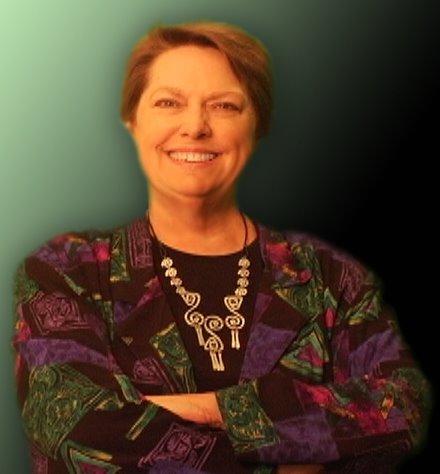One thing leads to another
First Rule of Independent Scholarship
All education should be customized for the learner, according to Clayton Christensen and Michael B. Horn, the authors of Disrupting Class. One way to do that is to start with a topic you are passionately interested in and see where that leads. For me, that would be books and bookbinding. I love reading and writing, so of course, I would want to study literature and English, which could lead to linguistics and possibly other languages.
Studying the history of books would lead to ancillary knowledge of what else was happening in history. Science and agriculture contributed the materials needed to make books. Math enters the picture in figuring out the number of pages needed, the cost of publishing and determining the price. Marketing and other business topics naturally grow from the business of books.
Back to languages, which would take me to the study of anthropology, sociology, geography, religion, and art. Of course, any topic these days requires some knowledge of computers.
You get the idea. I’m convinced that this would work with any topic. As usual, “When it comes to innovations in teaching and learning, higher education seems like the last to know and the slowest to respond,” according to Randy Bass and Bret Eynon, who collaborated on a recent issue of Academic Commons devoted to new media and the technology of teaching and learning.
I see the frustration in my students who come to school to learn about accounting, say, only to discover that they have to spend two years taking general education classes before they can even look at an accounting class. How much more sense would it make for them to begin with an immersion into the field of accounting and see where that leads them. Ethics, for example, is a big issue in accounting, and that is closely related to cultural studies.
Okay, enough on this. Let me know what you think.
# # #

No comments:
Post a Comment